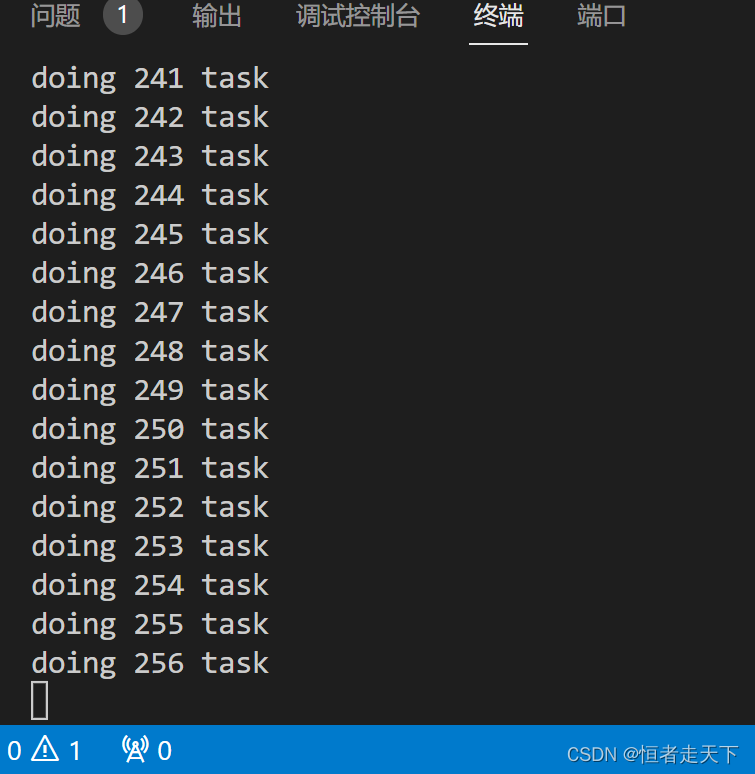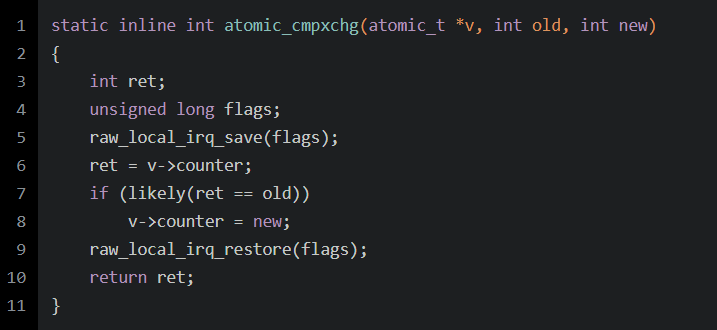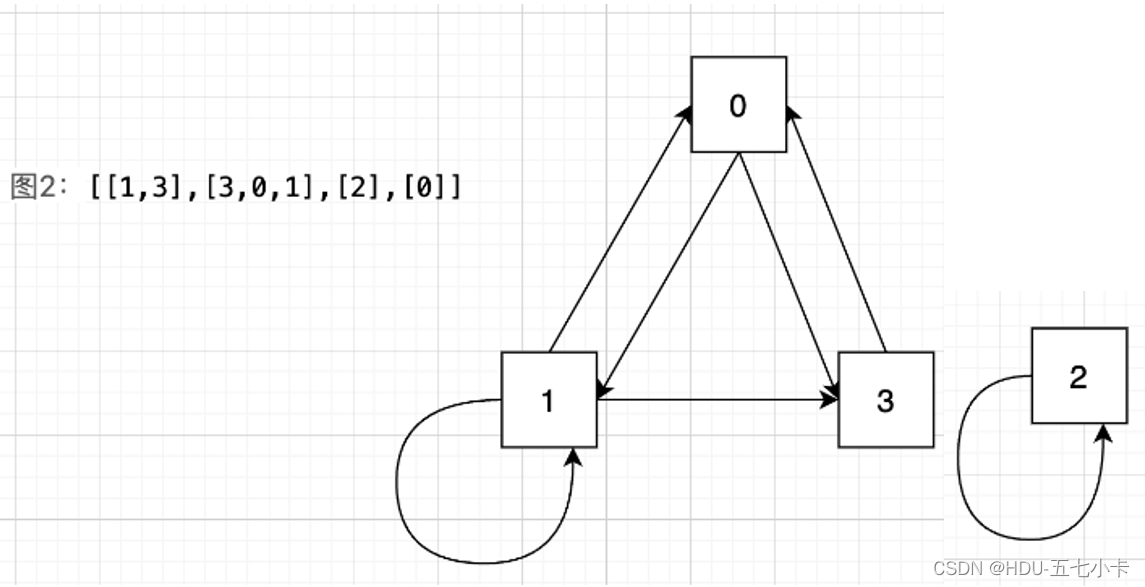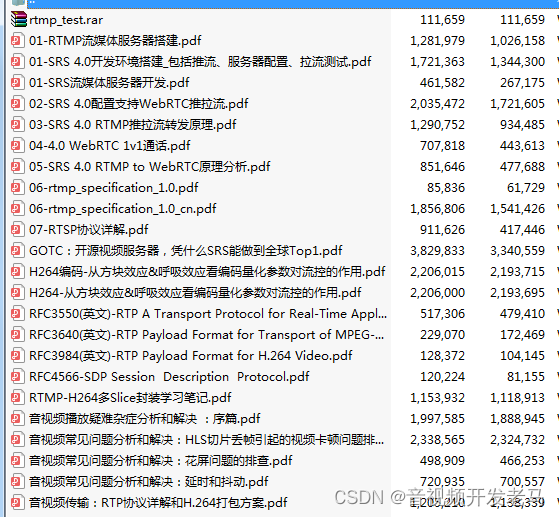bobo has a sequence a1,a2,…,an. He is allowed to swap two adjacent numbers for no more than k times.
Find the minimum number of inversions after his swaps.
Note: The number of inversions is the number of pair (i,j) where 1≤i<j≤n and ai>aj.
Input
The input consists of several tests. For each tests:
The first line contains 2 integers n,k (1≤n≤105,0≤k≤109). The second line contains n integers a1,a2,…,an (0≤ai≤109).
Output
For each tests:
A single integer denotes the minimum number of inversions.
Sample
Input
3 1
2 2 1
3 0
2 2 1
Output
1
2
原题链接:传送门
题意:求逆序对数
求逆序对数,这题有两种很好的做法一个是树状数组另一个就是归并排序。
最朴素的做法是O(n^2)的纯暴力,这里推荐归并排序的求法时间复杂度为O(nlogn)
#include <bits/stdc++.h>
using namespace std;
#define int long long
const int N = 1e6 + 9;
int n, m, ans, q[N], t[N];
void csort(int l, int r) {
if (l == r) return;
int mid = l + r >> 1;
csort(l, mid), csort(mid + 1, r);
int k = 0, i = l, j = mid + 1;
while (i <= mid && j <= r) {
while (q[i] <= q[j] && i <= mid) t[k++] = q[i++];
while (q[i] > q[j] && j <= r) t[k++] = q[j++], ans += mid - i + 1;
}
while (i <= mid) t[k++] = q[i++];
while (j <= r) t[k++] = q[j++];
for (int i = l, j = 0; j < k; i++, j++) q[i] = t[j];
}
signed main() {
while (~scanf("%lld%lld", &n, &m)) {
ans = 0;
for (int i = 1; i <= n; i++) scanf("%lld", &q[i]);
csort(1, n);
if (ans <= m) printf("0\n");
else printf("%lld\n", ans - m);
}
return 0;
}
可以看到时间复杂度还是很可观的。
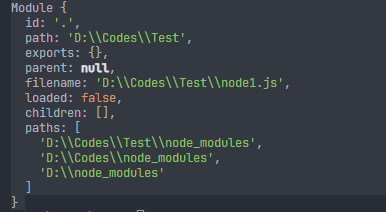


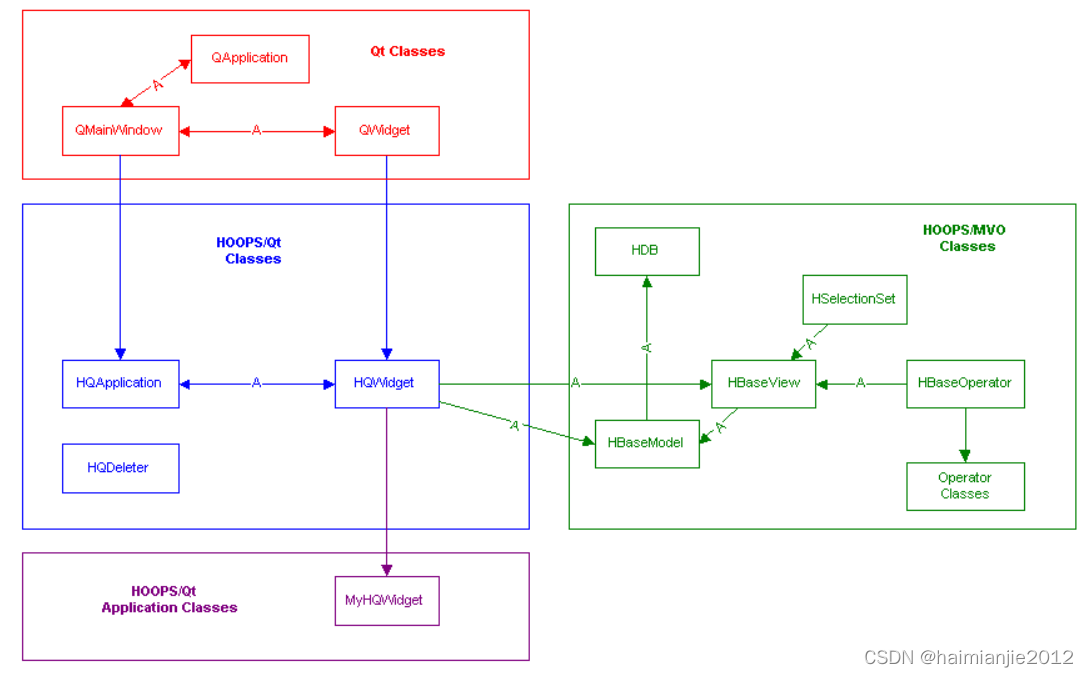

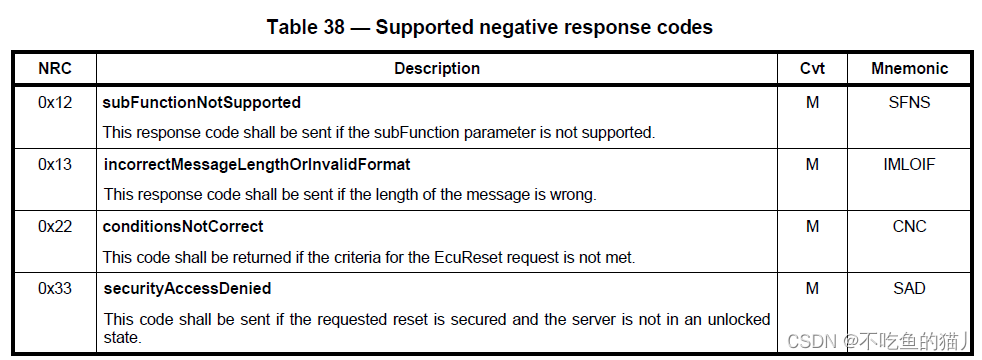

![[附源码]java毕业设计龙虎时代健身房管理系统](https://img-blog.csdnimg.cn/74247381268e4106951e8188ab6ee280.png)




